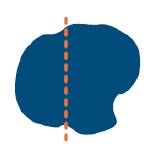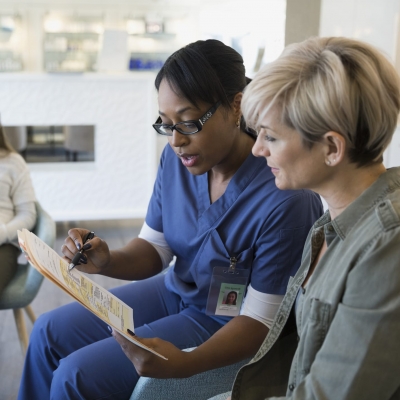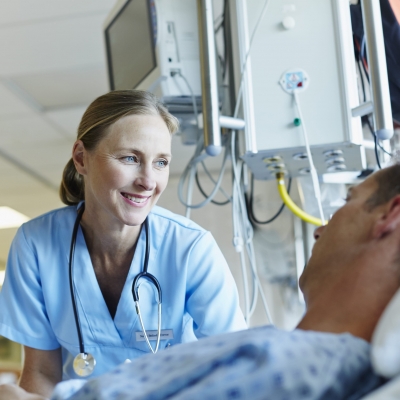More than one million cases of skin cancer are diagnosed each year in the United States — making it the most common form of cancer in the country. The good news is skin cancer is almost always curable if detected and treated early. Plus, there are a host of measures that can be taken to greatly reduce your chances of developing the disease.

Stay in the Shade
Avoid tanning outside and UV tanning booths. When outdoors, stay in the shade whenever possible — especially between 10:00 am and 4:00 pm.

Cover Up
Wear wide-brimmed hats and long-sleeved shirts and pants. Tightly woven, bright- or dark-colored clothes protect your skin best. Pastels, bleached cotton and white let in the most UV radiation.

Wear Sunglasses
Protect your eyes with UV-blocking sunglasses.

Apply Sunscreen
Use sunscreen with a sun protection factor (SPF) of 15 or higher every day to avoid burning. Apply two tablespoons of sunscreen to the entire body 30 minutes before going outside. Reapply every two hours or after swimming.
Know your ABCDEs
Use these tips and tricks to check for signs of skin cancer.

A) Asymmetry
In cases of skin cancer, moles or freckles will not be symmetrical. If you were to draw a line through an abnormal spot, you would have two asymmetrical halves.

B) Border
A mole or spot with blurry and/or jagged edges should be evaluated by a doctor. Normal moles usually have solid, smooth edges.

C) Color
A mole that is more than one hue is suspicious and needs to be evaluated by a doctor. This can include lightening or darkening of the mole. Normal spots are usually one color.

D) Diameter
If it is larger than a pencil eraser (about a quarter inch or six millimeters), it needs to be examined by a doctor. This includes areas that do not have any other abnormalities (color, border, asymmetry).

E) Evolving
Abnormal moles may grow larger in width and height. Normal moles should not grow in size or height.
Need to schedule a skin cancer screening? Connect with a care navigator at (407) 303-5999.










